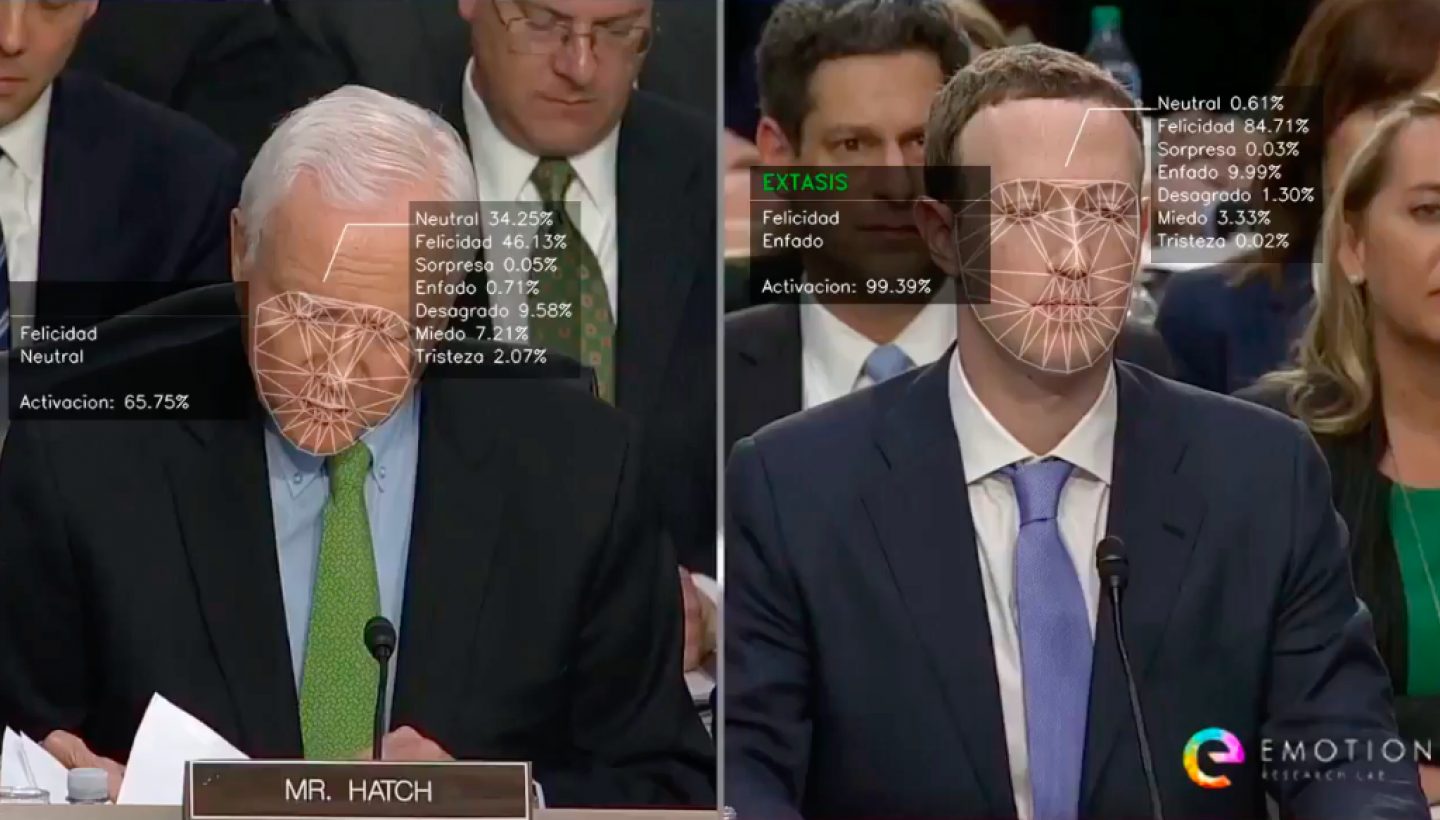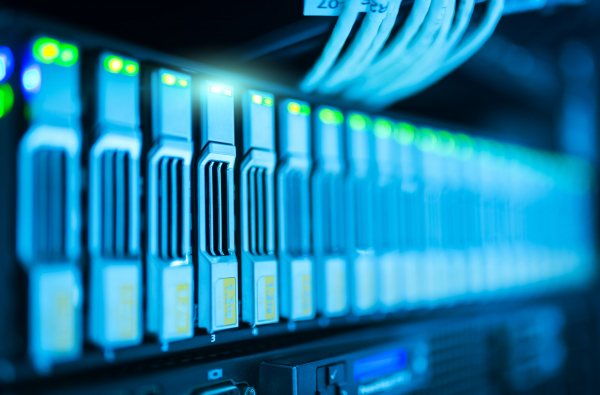Politics and technology weave an increasingly complex relationship. In just 10 years, the Internet, networks and data processing ceased to be instruments for strengthening democracy and participation and became weapons that aim to weaken them.
We are frightened by how these same technologies now facilitate polarization, racism, xenophobia, and even manage to influence elections in several countries.
But to understand what happened you have to look far beyond technology. The technologies are the same, what changes are the uses that are made of it.
The fake news, microtargeting and deepfakes have already become everyday tools that are increasingly perfected. But there are others to come: new neuropolitical techniques that, using facial recognition, can discover voters' feelings by observing their spontaneous responses. Or the new generation of bots that, using the advances of artificial intelligence and natural language processing, could become weapons for political manipulation, holding fluid conversations with people on a massive scale and with guided propaganda.
Are we facing a new arms race for our democracy?
In this conference we make a brief review of the scope and dangers of technologies in a context where social networks and the way we have to inform ourselves become propitious spaces for the creation and multiplication of false news, aggravating polarization and giving rise to extremisms that exacerbate political, religious, sexual and/or racial intolerance.



